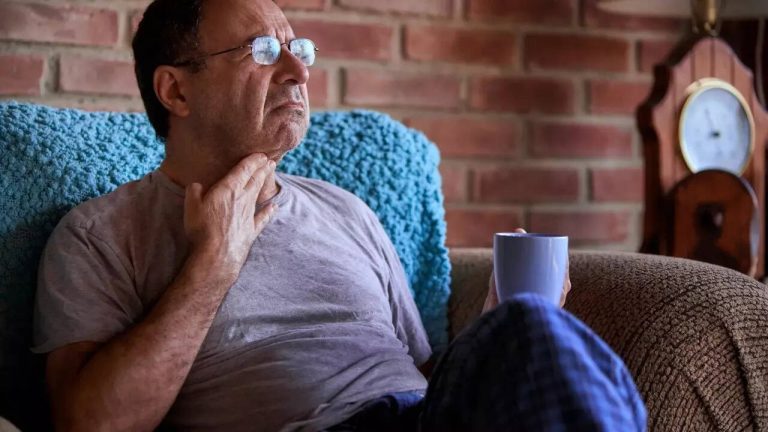Boost Your Mood: How Exercise Can Help Manage Anxiety and Depression
Takeaways: Exercise is not just about physical fitness—it’s a powerful tool in managing anxiety and depression. By incorporating regular physical activity into your routine, you can experience improved mood, reduced stress levels, and a greater sense of overall well-being. Whether it’s a brisk walk, a dance class, or a yoga session, find what you love and get moving!
Hey there! If you’re like me, you’ve probably had those days where just getting out of bed feels like climbing a mountain. Anxiety and depression can be heavy burdens to carry, and it’s easy to feel overwhelmed. But guess what? There’s a simple, yet effective, way to lift that weight off your shoulders—exercise! Let’s dive into how moving your body can help you manage those pesky feelings of anxiety and depression.
The Science Behind Exercise and Mood
First off, let’s talk about the science. When you exercise, your body releases endorphins—those magical little chemicals that make you feel good. It’s like your brain is throwing a mini-party every time you break a sweat! Studies have shown that regular physical activity can significantly reduce symptoms of anxiety and depression, often just as effectively as medication for some individuals.
But don’t just take my word for it. Many people have shared their stories about how a simple jog or a few yoga poses have transformed their mental health. I remember the first time I decided to go for a run during a particularly tough week. Within minutes, I felt my worries begin to fade, and by the end of that run, I was on cloud nine! That euphoric feeling is real, and it’s something that can be cultivated with consistency.
Finding the Right Exercise for You
Now, you might be thinking, “That’s great, but I hate running!” And that’s perfectly okay! The beauty of exercise is that there are countless ways to get moving. Whether you’re a fan of dancing, swimming, hiking, or even gardening, there’s something out there for everyone.
For me, I found joy in group classes. There’s something about being surrounded by others, all working towards a common goal, that just boosts my mood. Plus, you get to meet new people and make friends along the way! If you’re not into group activities, no worries; solo workouts can be just as fulfilling. Try going for a walk in your neighborhood or following a workout video at home. The key is to find what makes you happy and stick with it.
Making Exercise a Habit
Okay, so you’ve found an activity you enjoy—now what? The next step is making exercise a regular part of your life. I know, it’s easier said than done! But trust me, once you start to notice the positive changes in your mood and energy levels, it becomes so much easier to prioritize it.
Start small. Maybe commit to a 10-minute walk each day and gradually increase your time as you feel more comfortable. I remember when I first started, I set a goal of just 15 minutes of dance workouts a few times a week. Before I knew it, I was dancing for an hour every day! It’s all about finding that sweet spot where you feel challenged but not overwhelmed.
Also, don’t forget to celebrate your progress! Whether it’s tracking your workouts or treating yourself to a new workout outfit, acknowledging your achievements can boost your motivation and keep you going.
FAQs
- How often should I exercise to see improvements in my mood? Aim for at least 150 minutes of moderate exercise each week, which breaks down to about 30 minutes a day, five days a week. But remember, any amount of movement is better than none!
- What type of exercise is best for anxiety and depression? There’s no one-size-fits-all answer, but activities like yoga, walking, cycling, and swimming have been shown to be particularly effective.
- Can I exercise if I’m feeling really low? Yes! Even a short walk or gentle stretching can help. The important thing is to listen to your body and do what feels right for you.
- How long does it take to feel the mood-boosting benefits? Many people report feeling better after just one session of exercise, but the most significant benefits come with regular, consistent activity.






